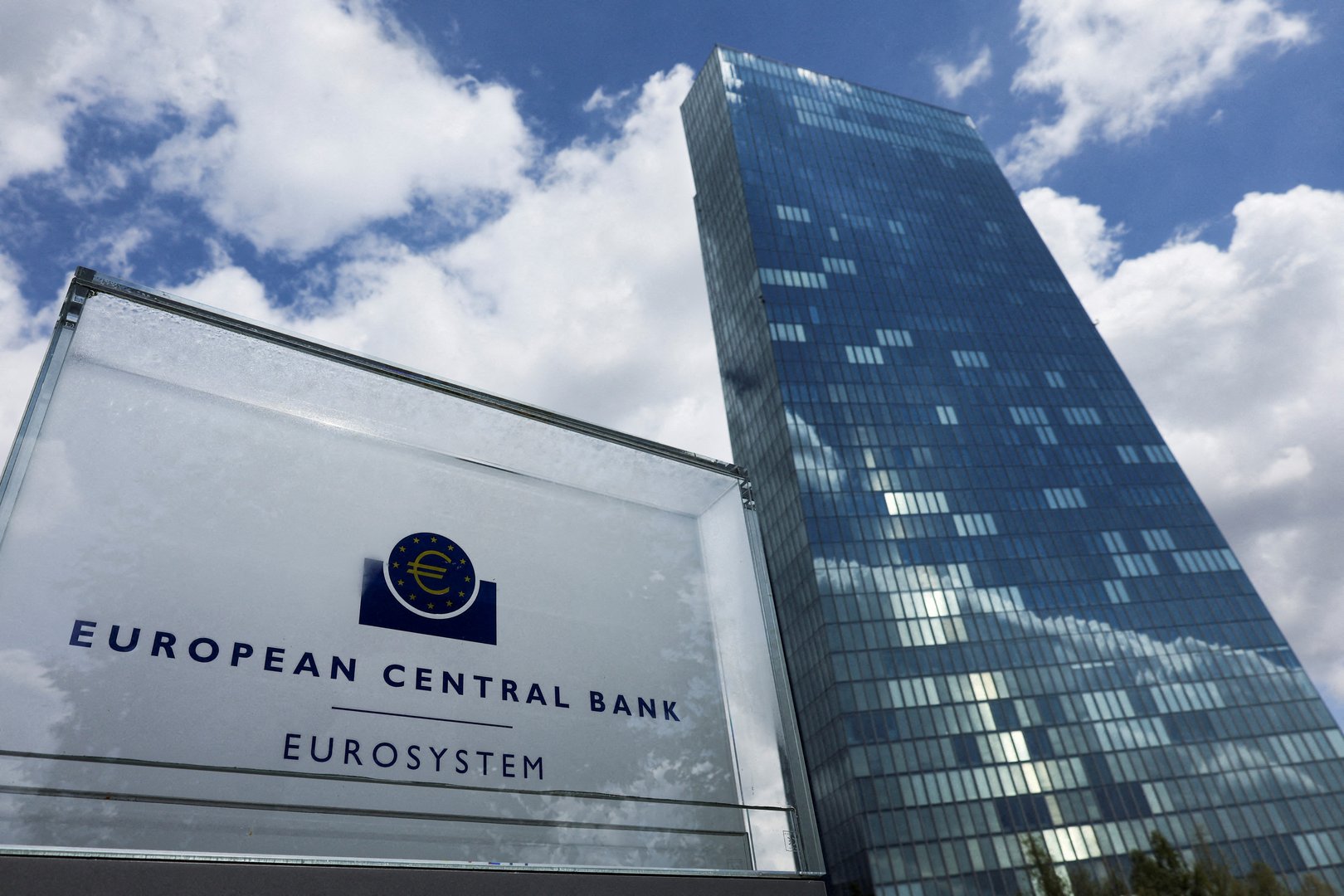The European Central Bank (ECB), as had been widely expected, reduced interest rates in the euro zone. It was a small reduction of 25 basis points, bringing the ECB’s key rate down to 3.75 per cent, from the unprecedented 4 per cent it had been since last September.
Market analysts expect another cut before the end of the year, although this would depend on inflation in the euro zone. ECB staff have revised projections upwards for 2024 from 2.3 per cent to 2.5 per cent, which could prevent a further reduction this year. The possibility that rates could be reduced to 3.5 per cent before the end of the year is unlikely, however, to boost business sentiment dramatically.
Before the ECB announcement, Finance Minister Makis Keravnos took a swipe at the local banks, saying that they “must accept their responsibilities which emanate from corporate governance that every big organisation must embrace.” Keravnos had repeatedly criticised the banks for their policy of maximum lending rates and extremely low deposit rates, but his public pleas for lower loan rates were completely ignored.
The minister, understandably, is concerned that high interest rates are stifling development. He said on Thursday that “banks must retake the role of financiers of Cypriot businesses so we can go ahead with everything we have planned; they must make a comparison with what is happening generally in the European banking system, because they cannot continue operating along the today’s lines.”
He was referring to the reluctance of the banks to lend to businesses, despite having excess liquidity. The reality is that Cyprus businesses are being undermined by the ECB’s attractive interest rates. A Cyprus bank would rather deposit its available funds with the ECB and collect 4 or 3.75 per cent interest rate, with zero risk involved, than lend to a business, at a higher rate but with significantly higher risk.
The lack of competition between the two systemic banks does not help businesses either. They are not competing for customers because they can secure a handsome, risk-free return on their money from the ECB. They are also charging higher rates on existing loans which explains the huge profits recorded last year. With such high profits, there is no pressure for banks to compete for customers.
Unfortunately, there is very little the government can do about the situation. Monetary policy in the euro zone is decided by the ECB and the banks are following its directives, for the benefit of their shareholders. That big shareholdings in the banks are held by foreign companies is not helpful as the dividends they earn are unlikely to stay in the Cyprus economy.
Banks that are reluctant to lend are not good for the economy, and Keravnos is right to point this out. Whether the bank boards will listen to him is another matter.






Click here to change your cookie preferences